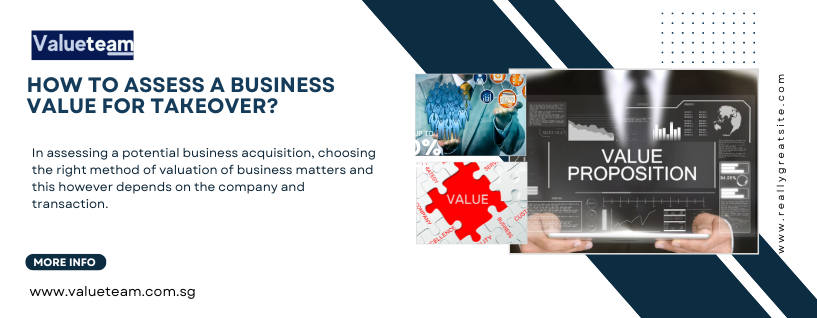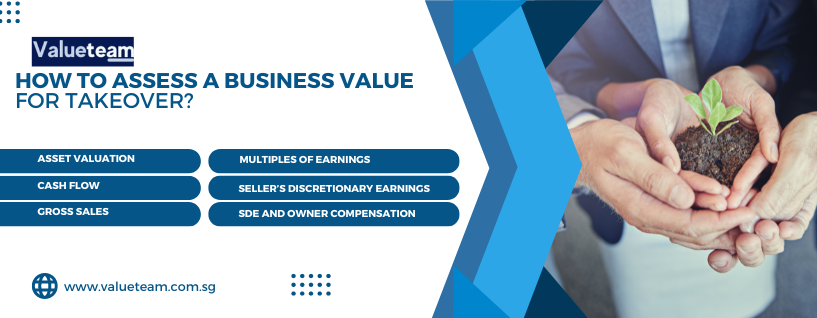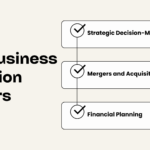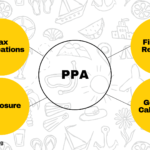Business Value for Takeover: It is complex to determine a business valuation, and there and various ways to find the value of a business. Some of the valuation methodologies work suitable for certain companies. This article will learn how to assess a business value for a takeover. Even if a business valuer gives you value for a business, you need to know some of the valuation methodologies yourself. This will assist you in knowing if the value for the company is fair in the market.
Quick Contact
Need Help?
Please Feel Free To Contact Us. We Will Get Back To You With 1-2 Business Days.
[email protected]
+65 9730 4250
How To Assess A Business Value For Takeover?

How to assess business valuation?
The different business valuation methods help during a business negotiation for takeover or sale. It guides both the potential buyer or investor and the seller to sell or buy the business at a fair market price. It is paramount that none of these valuation methods gives a reasonable number. They are only to start a business valuation.
The methods you used to value a business include:
1. Asset Valuation
The tangible and intangible things that belong to your business stated on the company’s balance sheet are your assets. Some assets are vehicles, land, equipment, cash, intellectual property, etc. The value of a company’s assets is assessed in two circumstances. It can be evaluated as the liquidation or going concerned. You will only have a part of the business valuation when considering a business with the asset method.
2. Cash Flow
Some potential buyers and investors will only take over the business from you based on the business’s amount. They used the company’s cash flow statement to know how much that comes in and goes out of the business for a particular period. This method of valuation is used mainly on companies with shareholders.
3. Gross Sales
This is one of the business valuation methods that are less useful for specific reasons. It is considered the crudest approximation in valuing a business. For instance, a company’s gross sales for the past four years may be used but has no supporting guarantee.
4. Multiples of Earnings
Focusing on the multiples of earnings on each share is a standard method to value a business. A business is valued with this method based on the amount of money the company can amass in the future. The higher the shareholders’ earning, the higher the company’s value
5. Seller’s Discretionary Earnings (SDE)
This valuing method is similar to the previous ones – multiples of earnings. However, it is a method used for small businesses operated by a single owner – sole proprietorship. The gross profit is significantly affected (reduced by many numbers). The value of the earnings will be known from operating expenses such as income or interest expenses, income taxes, depreciation, non-recurring expenses, and revenue.
6. SDE and Owner Compensation
The seller’s discretionary earnings may include or not include the compensation from the owner. This depends on the person calculating. According to the Colorado Small Business Development Corporation, the owner’s salary is included in the SDE. Tax, amortization, EBITDA, and depreciation, on the other hand, do not have the owner’s salary.

Business takeovers
Takeovers are relatively common in the business world and are similar to mergers. However, while the former deals with inequalities—the more prominent companies targeting the smaller ones and controlling them—the other involves equality in the share of control between two companies. Having a strategic acquisition or merging with another business is one of the common ways to expand your business.
There are several reasons companies may opt in and choose to initiate a strategic takeover. It helps them in reaching a new market without any extra time or resources and without taking any risk. However, before beginning a takeover, there are certain things you need to know and understand about the business like how to assess a business you hope to buy, how to calculate the valuation of a business, and how to find out if the business will be beneficial




